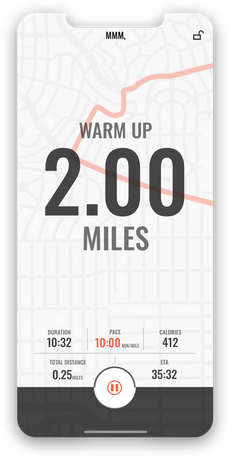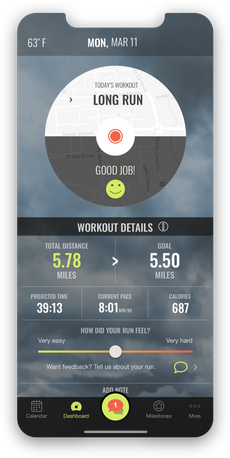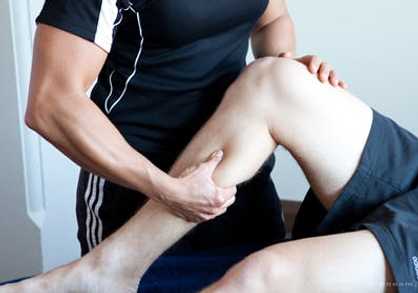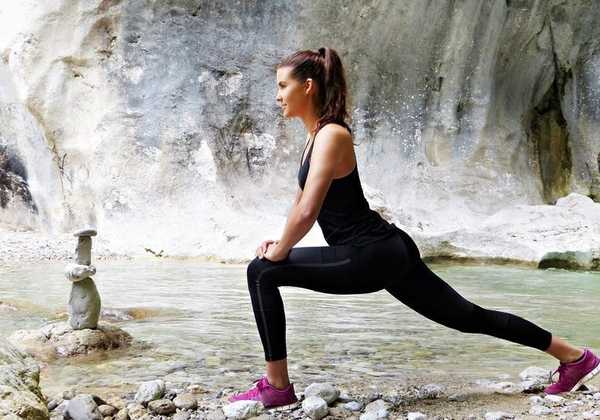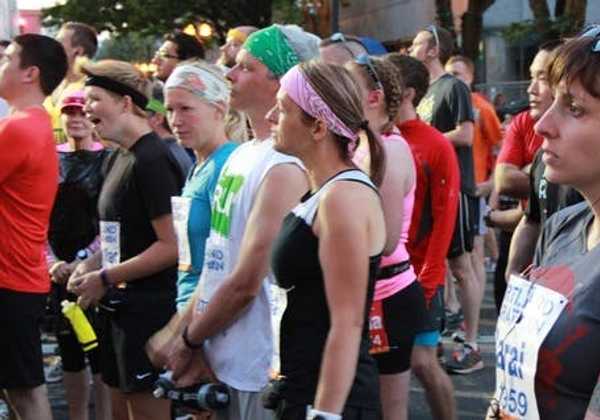Going long...
May 14th 2020
by Matt Forsman a.k.a. Marathon MattIt looms on your training schedule like a storm. It's daunting. It's intimidating. It's the toughest run of the week.
I'm talking about the 'long run'. A long run can be an amazing, life affirming experience that takes you places you never thought you could go. But, an improperly executed long run can bring you to your knees.
I've experienced transcendence and been brought to my knees numerous times by the beast known as the 'long run'. Along the way, I've learned a few things about how to slay this beast. Read on for a few ideas around how to maximize the chances of transcendence and minimize the chances of finding yourself on your knees.
Before.
Treat the night before a long run largely as an exercise in relaxing. Do some gentle stretching, some foam rolling, some light yoga, and/or take a hot bath. Focus on doing whatever it is that makes your body happy and relaxed.
If you have plans the evening before going long, keep things light. Don't go on a bender. Don't stay out late.
Assuming you stay in, aim to get your last meal of the day in early (5ish) and make sure it's a nice mix of lean protein and complex carbohydrates. Drink plenty of fluids. Ideally, urine should be clear and copious by the time you turn in for the evening.
Before you turn in for the evening, do some due diligence. Take a look at the course you're running the next day. Identify the challenging segments. Make a mental note of where they're located. These are spots where you may need to adjust your pace/level of effort.
If you want to go the 'extra mile', spend a little time visualizing your run. Turn off the lights. Close your eyes and visualize your self running strong. Visualize yourself at the challenging points of your long run battling through fatigue and persevering.
If you need some additional 'runspiration', dial up a few of your fight songs the night before. If there are books or movies that help get you in the right headspace, dial them up. Do what you need to do to get your head ready for battle.
Aim to get up an hour or two early and get some fuel in the tank before you hit the road. Exactly what you consume is largely dependent upon 'when' you're running. If you're eating something an hour before your long run, keep it light.
I usually do something like half a bagel with a little peanut (or almond) butter and half a banana. A cup of yogurt works well for me as well. Experiment with a few different options and find what works best for you.
During.
Whatever target pace you have in mind for your long run, aim to go out a bit slower for the first few miles. Going slower initially usually allows you an opportunity to suss out how you're feeling and what kind of day it's going to be. If you're feeling stellar after the first few miles, segue into your target pace. If not, you might want to simply maintain a slower pace for a few more miles.
Aim to ingest fluids every 15-20 mins (or according to thirst). Make sure you're not just taking in water. You need to replace electrolytes (sodium, magnesium, potassium as well). NUUN is a great product for replacing electrolytes, but there are tons of other products out there that can help you replace electrolytes.
In a similar vein, try to take in a GU Energy gel (or something similar) every 45-60 mins. If your long run is only about 45-60 mins, you may be able to skip taking something in. But, if you're staring down a long run of two hours (or more), you definitely need to consume something during your long run.
Try to avoid getting ahead of yourself. Make things small. Focus on the mile that is right in front of you.
As fatigue sets in during the latter stages, a mile may begin to feel more daunting than usual. So, make things even 'smaller'. Focus on the next stop sign, bush, or block.
When the fatigue starts to pile up, voices of doubt have a nasty tendency to creep in. Confidence can wane. Just as you need a nutrition/hydration strategy, you need a strategy for silencing these voices.
Try using a mantra. My go to mantra is 'focus and relax'. When I'm markedly fatigued, I try to repeat this mantra over and over again in my head. It makes it harder for the voices of doubt to creep in and derail me.
Remind yourself that you've tackled something as tough (or tougher) than what you're currently doing. If you don't have a run or workout you can point to that's been as tough or tougher, surely there's something in life you've dealt with that has challenged you. Remind yourself of the challenging things you've overcome in the past.
Try to consciously focus on running as efficiently and economically as possible. Your form tends to degrade when you're fatigued. If you're running on fumes, the last thing you want is to run 'less' efficiently. Focusing on form also helps keep your mind trained on something positive.
After.
Exhausted and spent, there's a natural impulse to collapse, curl up in the fetal position, and cry following a long run. Feel free to cry, but try to avoid immediately collapsing and curling up in a fetal position. There's still some work that needs to be done.
Your body is optimally positioned for recovery within the first 30-45 minutes following your long run. It behooves you to take advantage of this window. Take advantage and you'll likely be walking around like a normal person the next day.
Spend a few minutes simply walking. Over the course of the miles (and hours), a ton of lactic acid (and other unpleasant stuff) has taken up residence in your legs. Simply walking around for 5-10 mins. can help flush it out.
While you're walking around, knock back some water/sports drink. Even if you've been hydrating diligently, you're likely still somewhat dehydrated.
It's also a great idea to consume something with a 4:1 carbohydrate to protein ratio. Chocolate milk actually has this ratio. It also goes down pretty easy after a tough long run.
After 5-10 minutes of walking, segue into some liberal stretching and/or self- massage with a foam roller. Stretching will help lengthen/elongate anything that is tight/contracted. Self-massage will help increase blood flow and facilitate the healing process.
While it's not easy to do, a quality ice bath 30-45 minutes following a long run can go a long way towards expediting recovery. Draw a cold bath. While the bath is being drawn, brew some coffee or tea to drink while you're soaking. It's also not a bad idea to put on a turtleneck or something warm on your upper body.
Once the cold bath is drawn, soak your lower body for about 15-20 minutes. If you want to take things to the next level, dump a couple bags of ice in the tub after you sit down. Soaking in an ice bath may be the LAST thing you want to do, but many of the best runners on the planet use this technique to recover from their runs.
If you can manage to execute some or all of what I've outlined above, your long runs likely won't bring you to your knees (nearly as much). You may even find yourself enjoying going long.


